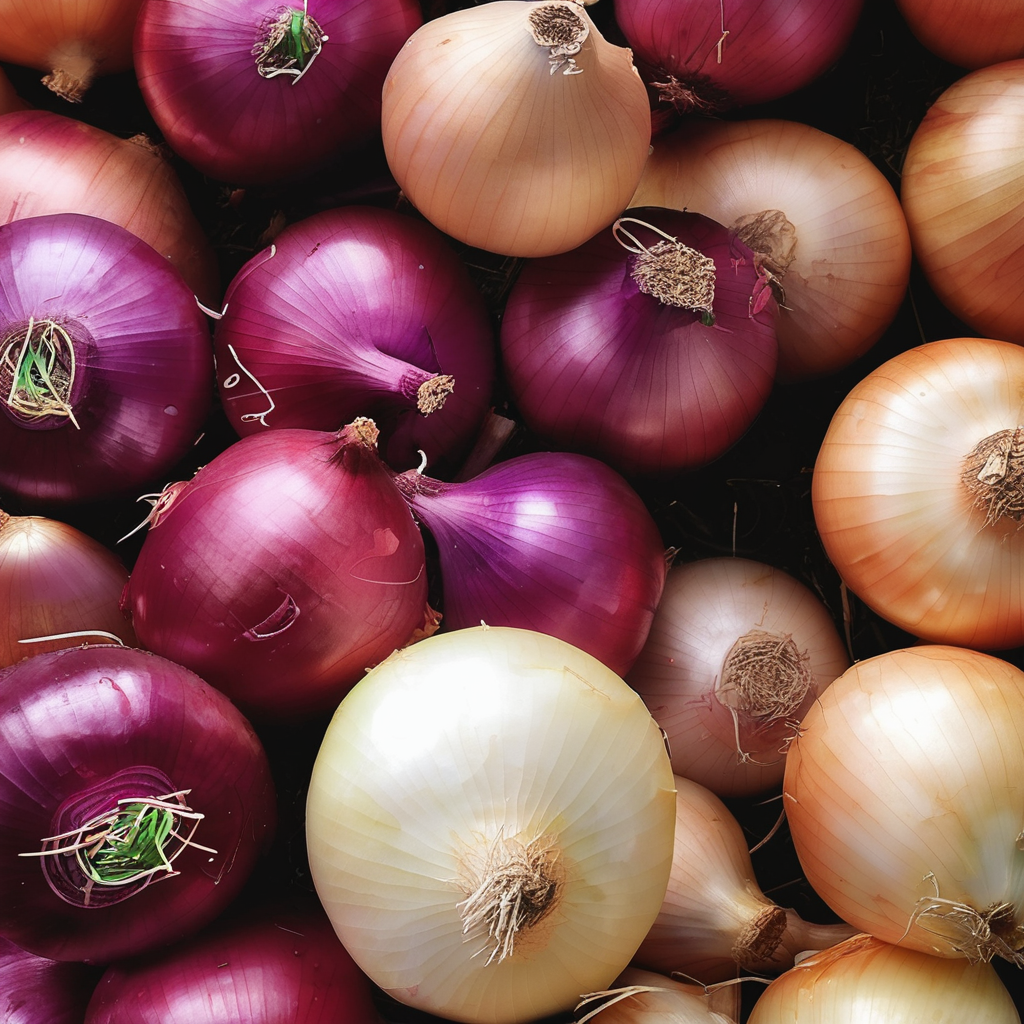Howdy, fellow green thumbs! Today, we’re diving into the savory world of dehydrating onions to create our very own homemade onion powder. Now, I know what you’re thinking: “But why bother when I can just buy the stuff from the store?”
Well, let me tell you, there’s nothing quite like the aroma and flavor of freshly dehydrated onions straight from your garden. It’s like a flavor explosion in your mouth, and once you’ve experienced it, there’s no going back.
But before we get started, let me share a little story with you. A few years ago, I was browsing through my local farmer’s market when I stumbled upon a booth selling homemade spices and seasonings. The friendly vendor offered me a sample of their onion powder, and let me tell you, it was a game-changer. The depth of flavor was unlike anything I’d ever tasted from a store-bought bottle. From that moment on, I was hooked, and I knew I had to learn how to make my own.
Now, I’m not going to lie to you—dehydrating onions does take a bit of time and effort, but trust me, it’s worth it. Plus, it’s a great way to use up any excess onions you might have from your garden. And let’s be real: who doesn’t love the satisfaction of creating something delicious from scratch?
How to Dehydrate Onions: DIY Onion Powder
So, let’s get started, shall we?
Step 1: Gather Your Onions
The first step is to gather your onions. You can use any variety you like, but I personally prefer a nice, sweet onion like Vidalia or Walla Walla. They tend to have a milder flavor that translates beautifully into onion powder.
Step 2: Slice and Dice
Once you’ve got your onions, it’s time to slice and dice them. You’ll want to slice them as thinly as possible, about 1/8 inch thick or less. This will help them dehydrate more evenly and quickly. If you’ve got a mandoline slicer, now’s the time to break it out. If not, don’t worry; a sharp knife and a steady hand will do the trick.
Step 3: Dehydrate
Now, this is where the magic happens. You’ll need a dehydrator or an oven set to its lowest temperature (around 135°F to 145°F). Arrange your sliced onions in a single layer on the dehydrator trays or baking sheets, making sure they don’t overlap. This process can take anywhere from 8 to 12 hours, depending on the thickness of your slices and the humidity in your kitchen.
Step 4: Check for Dryness
As your onions dehydrate, you’ll want to keep an eye on them and check for dryness every few hours. They should be completely dry and crisp, with no moisture remaining. If you notice any pliable or bendable pieces, they’re not quite done yet.
Step 5: Let’s Get Grinding
Once your onions are fully dehydrated, it’s time to grind them into powder. You can use a spice grinder, a high-powered blender, or even a good old-fashioned mortar and pestle. Just be careful not to over-grind, or you’ll end up with onion dust instead of powder.
And there you have it, folks—your very own homemade onion powder, ready to add a burst of flavor to all your favorite dishes. Sprinkle it on roasted veggies, mix it into dips and dressings, or use it as a seasoning for meats and fish. The possibilities are endless!
But wait, there’s more! Did you know that dehydrated onions can last for up to a year when stored properly? That’s right, you can enjoy the fruits (or, should I say, vegetables?) of your labor for months to come.
Final Thoughts
So, what are you waiting for? Grab those onions, fire up your dehydrator, and get ready to experience the flavor of homemade onion powder like never before. Your taste buds (and your garden) will thank you!
